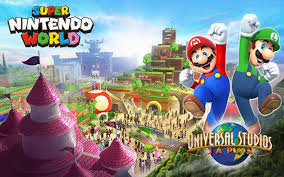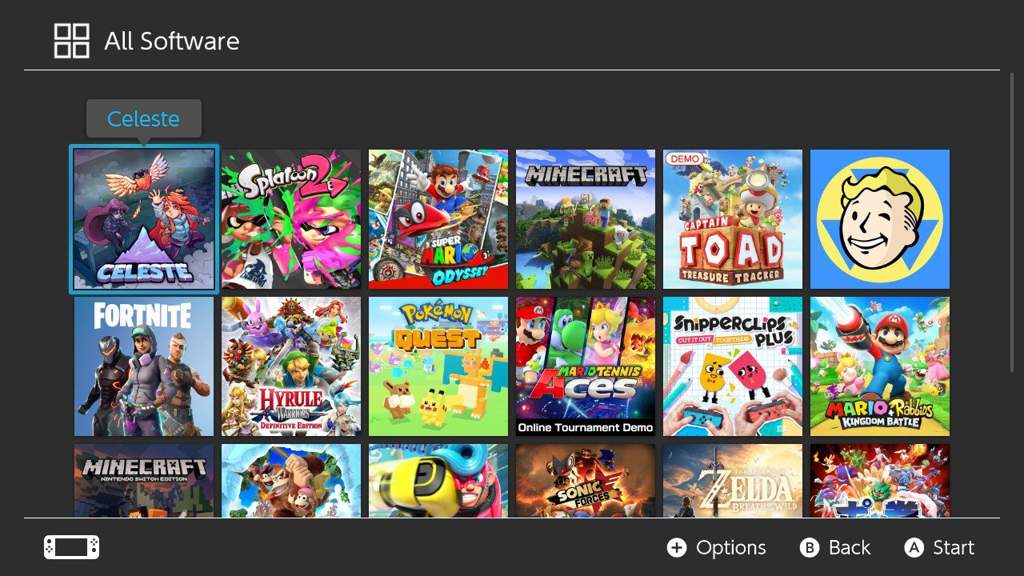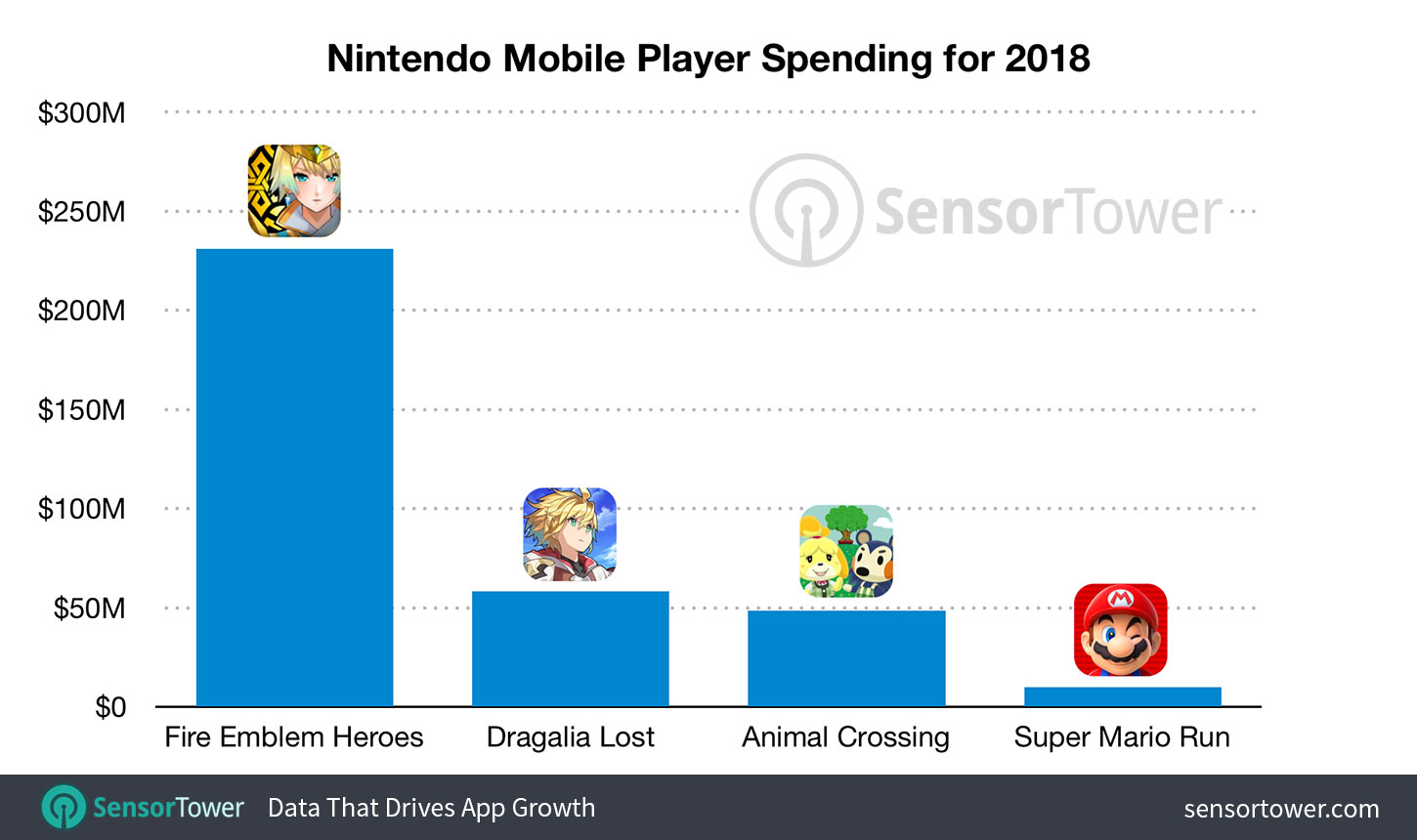Japanese publication Nikkei recently interviewed Nintendo president Shuntaro Furukawa about Nintendo’s business model and the company’s future. NintendoEverything translated the interview, and despite it being a fairly short piece, Furukawa’s comments caused a bit of a stir around the gaming world, specifically about the House of Mario’s future fate.
The chief cause for concern stems Furukawa’s comment about not developing “traditional” consoles in the future and focusing on smartphone games. However, it seems very unlikely Nintendo will move away from developing consoles completely — and even less likely that it’ll turn into a mobile developer exclusively — but it seems certain there are changes on Nintendo’s horizon.
Whether those are positive remains to be seen, though Nintendo’s recent track record with the Switch and its waking from the heady days of the Wii suggest the future is bright, and gamers have a lot to look forward to.
The Switch’s Future
The concept of innovation was the interview’s main focus. Furukawa was naturally circumspect in his discussion of what comes next, saying the Switch is currently Nintendo’s chosen vehicle for innovation and the main conduit by which the company will reach its market.
Contrary to what Nintendo of America president Reggie Fils-Aime and others have led fans to believe in the past, Furukawa says that Nintendo isn’t focused on its next console, but the company operates on the principle of seeing what it can create next.
That has, of course, led some to believe Nintendo might not actually be working on a new console at all, especially since Furukawa follows this comment by saying in the future, the company might shift away from home console development altogether.
But that’s not as alarming a prospect as it might first seem, and here’s why.
First of all, the Switch isn’t a home console anyway; it’s a hybrid. If one takes Furukawa’s comments literally, he simply means Nintendo has finally realized it can’t compete in the home console arena and needs to adopt a different approach to remain viable. That’s exactly what it’s done with the Switch, and it’s worked tremendously well so far.

Second, the home console industry is in flux. Rather than the predictable cycle of console development, release, and decline many of us grew up with, we’re now seeing mid-gen boosts, releases that break the cycle completely (like the Switch), and the looming prospect of subscription or streaming based services either supplanting or sitting alongside the usual consoles.
Fils-Aime mentioned a few times during an E3 interview bombardment last year that Nintendo expects the Switch to remain around for a long time. Like with the 3DS family, the company would keep supplying it with software people want.
Nintendo moving away from console development as its primary form of innovation could simply mean it will focus on creating ways to keep its consoles alive for longer, pouring resources into software development instead, and, of course, the oft-mentioned “new ways to play” add-ons like Nintendo Labo.
Will There Be a Switch 2?
If we take point two as true, it doesn’t mean there won’t be a new console, and it doesn’t rule out mid-gen upgrades either. Despite the Internet tabloids proclaiming the imminent arrival of the Switch 2 since before Christmas, any upgrade is likely to be a few years off. Most analysts see 2019 as the last year of this console generation, with the PS5 and Microsoft’s new beast likely revealed this year and released next year.
Nintendo would be foolish to release a half-step variation in these years. Not only would it be swept under the rug, but it would likely alienate consumers as well. Not many people would be happy about dropping $300 on a new system only to find an upgraded and potentially cheaper version of it available so soon after buying the original.
In the meantime, Nintendo is focusing on increasing the Switch’s library and online classic offerings instead.
Image via AminoApps
But with the focus potentially shifting to new methods of engagement — and with Furukawa stating he lets developers take the lead in a big way when deciding new projects — an upgrade will likely happen at some point. In fact, if Nintendo wants to keep the Switch’s game library as expansive as it currently is, an upgrade will almost be necessary.
A more powerful Switch means the potential for running more demanding games, along with likely making the porting process a lot easier. Even if Nintendo isn’t putting out brand new consoles and won’t get the latest releases concurrently with other platforms, it means getting more games like Dragon Quest XI (and hopefully Persona 5 R or S, whatever they may be), plus older games like Final Fantasy XII: The Zodiac Age.
And so far, it’s an approach that’s already working. Square Enix is finally paying attention to Nintendo again for more than spin-off titles, porting major FF titles to the platform after years of blatantly neglecting Nintendo; the Switch isn’t getting all FF titles, of course (though some might say it’s okay if the likes of FF VIII never come to the Switch), but it’s a major step in the right direction.
Nintendo is actively courting developers, instead of expecting them to come running just because they are the Big N.
A Different Kind of Innovation
You might be saying, “That’s great, but no one buys a console to play old games on. Nintendoooomed!”
However, that’s not necessarily true. Some developers, like Nippon Ichi Software, noted consumers double dip with the Switch, buying games on the platform that they already have on the PS4. And in many cases, the Switch version will sell twice as well as what’s on other platforms.
Combined with a typically easier development process on the Switch, the console gives companies more incentive to develop with Nintendo. More importantly, it reflects what consumers want: the ability to play their favorite games, old or new, the way that suits them best.
Ideally, it means the Switch will not likely want for new, quality software in the future, regardless of whether Nintendo focuses on new consoles.
If this is to be Nintendo’s method of innovation in the future, it marks a positive shift away from the gimmicks that hobbled the company since the DS and Wii eras. And it seems Nintendo recognizes the necessity of this shift as well. After Nintendo revealed the Switch, consumers heard a lot about the amazing ability to count virtual ice cubes in a glass that doesn’t exist, before being introduced to digital udder squeezing with 1-2 Switch. Mercifully, the Joy-Con’s HD aspects have gradually featured less and less in Switch marketing since then.
Motion control and new ways of interacting with games might have wowed markets a decade ago, but it’s now a shallow way to grab attention, and accordingly, it doesn’t last.
Take the Wii U, for example. It was innovative in the same way a talking toilet is innovative — it’s something unique, but hardly useful, and the novelty wears off fast (especially when coupled with confusing marketing).
The Switch innovates in a much more practical way. And as Furukawa hinted at, there are not necessarily many ways to further innovate with the Switch or a successor. Since competing with Sony and Microsoft directly is impossible at this point, and to avoid repeating the mistakes of the Wii U, hopefully, Nintendo learned its lesson and will look for sensible, sustainable methods of innovation and development in the future.
The Mobile Scene and Other Approaches
It’s the future beyond the seemingly inevitable upgrade that has people concerned.
Of course, any development and innovation from here on has to include Nintendo’s mobile offerings. Given the substantial profits Nintendo realized from just a handful of games available, it’s a no-brainer that producing additional, viable mobile games will be part of the company’s focus in the future.
Chart via SensorTower
Fire Emblem Heroes alone raked in close to $250 million, with Animal Crossing: Pocket Camp and Dragalia Lost realizing approximately $50 million each. Super Mario Run’s profits are significantly lower, but that isn’t surprising; there’s less to spend money on and even fewer reasons to spend much time with the game.
Regardless of one’s views of mobile games and Nintendo going mobile, mobile means big money.
That fact, plus Furukawa’s remarks that Nintendo might shift away from console development and that the company wants to focus on more smartphone games caused some to fear the company might turn into a mobile software developer only. But that’s highly unlikely.
Revenue from all four mobile games combined is still a long way off from Furukawa’s 2018 estimate of what mobile games would need to produce to become a major pillar for the company. That could change in the future, since he does want to increase Nintendo’s mobile offerings, but there’s another reason why mobile-only isn’t sensible.
Nintendo’s mobile games don’t exist in a vacuum. They’re popular because of their links with established franchises. Take Fire Emblem Heroes as an example again. It couldn’t exist without the franchise’s enormous character roster and the relationships players have forged with them over decades. Take that away — stop making console (or handheld) FE games — and the enthusiasm for it and any new FE mobile games would rapidly disappear.
The same goes for Nintendo’s other ventures. Theme parks and movies are great, but they need a foundation to draw people in, and that foundation will always be Nintendo’s games. Furukawa can refer to Nintendo’s history of innovation — changing from card manufacturer to game developer — but Nintendo’s franchises are too ingrained in gaming culture and culture in general to think a radical shift away from development could happen in the same way.

So What’s It All About?
Chances are, Furukawa is talking about a general shift in Nintendo’s business model. Instead of piling all its eggs in the home console development basket, the company is, and will continue, to branch out and find ways to keep engaging with its products for longer periods of time and in as many methods as possible.
It’s a sensible model, one that takes a more holistic approach to Nintendo’s franchises and their place in the gaming world.
That does leave room for a rather more extreme path Nintendo could end up taking — that of developing software and not hardware at all. It’s not very likely, but if the company finds it more profitable to produce games and game-related media or experiences than it does to develop new hardware every cycle, it could still happen.
Past slogans aren’t always set in stone after all. Former Nintendo president Hiroshi Yamauchi’s infamous remark about RPGs certainly doesn’t fit with the 3DS’ status as RPG machine or the Switch’s burgeoning RPG library. And more importantly, despite always claiming Nintendo products would only ever appear on Nintendo consoles, we now have Nintendo games on mobile devices. They’re billed as lead-ins to console games, but it could always change.
Whatever happens in the future, Nintendo fans can rejoice in a massive library of games on the Switch and the promise of more to come for the next few years. Unless it does something foolish, Nintendo will likely always create new software to engage people and win the markets.
What are your thoughts on Nintendo’s future? Let us know in the comments.








Published: Jan 9, 2019 01:39 pm